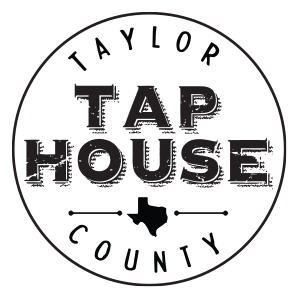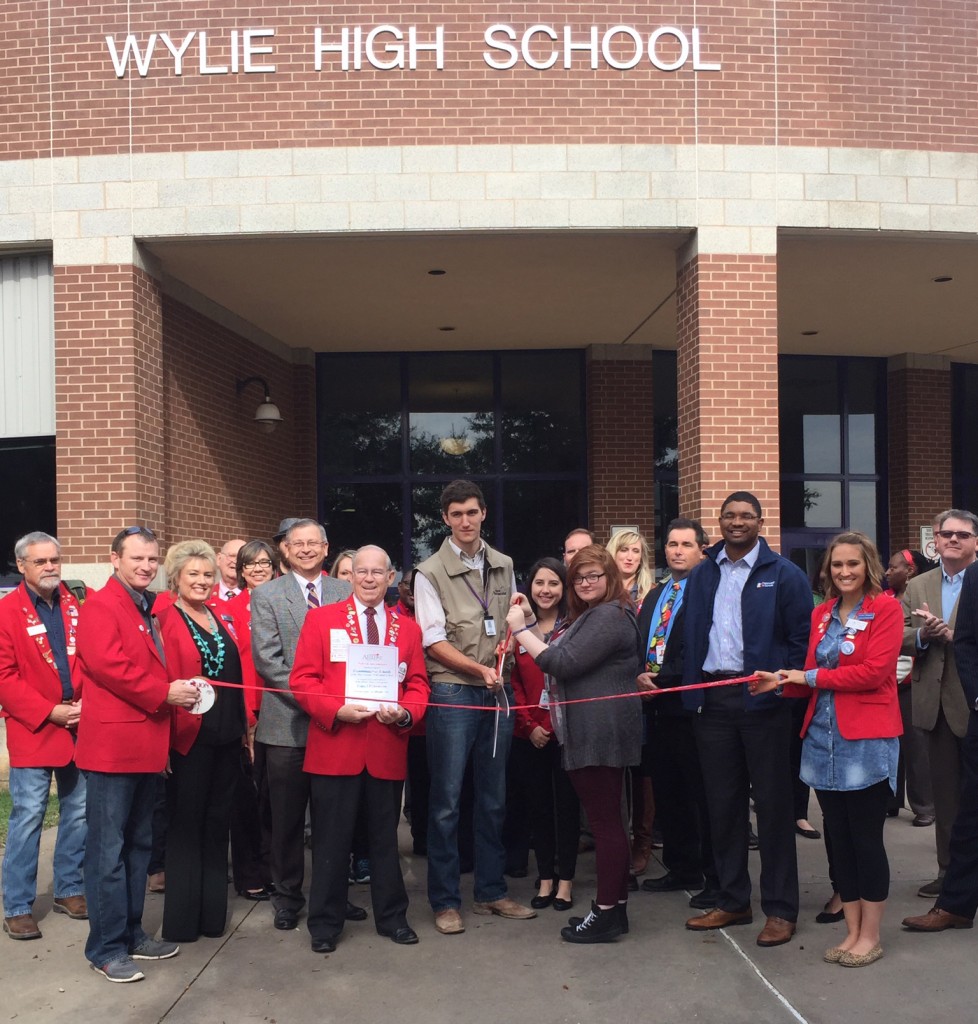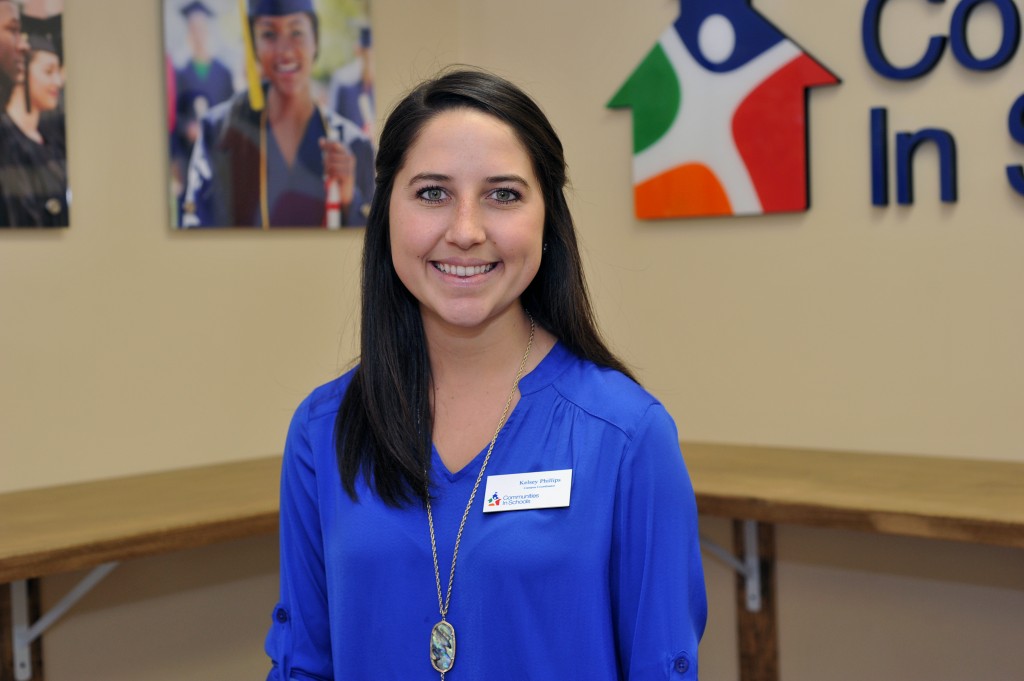Communities In Schools expanded to include the Wylie school district for the first time this year, and new Wylie coordinator Kelsey Phillips is busy helping students stay in school.
CIS is a program designed to help at-risk students, and the organization has 250 programs nationwide and 26 in Texas. It has been active in the Abilene schools for 15 years, but just started at Wylie in August.
Wylie Superintendent Joey Light said the district decided to add the program to help at-risk students.
“As we continue to get bigger, we continue to see a growth in the number of kids who are having attendance problems or behavior issues that we are just not used to dealing with,” he said. “That’s the sweet spot for Communities in Schools.”
CIS, a nonprofit organization, assigns a coordinator to work specifically with at-risk students at a campus. The coordinator tries to get involved with the students and help them in whatever way possible.
At Wylie, Phillips works with 60-70 students at Wylie Middle School, Junior High and High School. Her office is in the library at the High School.
“She works with students who are having attendance issues or behavior issues or troubles at home or anything that might make them not enjoy school,” said Justin Whiteley, CIS Program Coordinator. “Relationships are a key component to our program. She is just that extra person to be on campus and help that student be successful in their educational career.”
Students are identified for the program based on 13 criteria that the Texas Education Agency uses to identify at-risk students. But Whiteley said these aren’t always major behavior issues. They can also be something as small as low self-esteem.
Phillips said she sees many students with attendance, academic and behavior issues, but also has a few that have social issues. She helped one girl qualify to get braces and helped some economically disadvantaged students get food at Thanksgiving.
And although it took the program some time to get off the ground, students are starting to see the value, she said.
“Now I have students coming to see me all the time,” she said. “I used to have to go find them. That’s been a really good change. It’s been great.”
Phillips is building relationships with her students and making sure that they know that she is checking on them daily. She also offers rewards to motivate them.
Whiteley said that one-on-one interaction is what makes the program successful.
“The most important thing we do is build relationships with the students,” he said. “The biggest change we see is just wanting to be at school. You see a turn in their behavior and a turn in their attitude. So many kids are having negative experiences. They go from negatives to positives. Now they are a student that you can help be successful.”
The district pays part of Phillips salary, but because state funding pays some of it and CIS also brings in community resources, the cost is minimal.
“It should pay for itself in increased attendance,” he said.

















